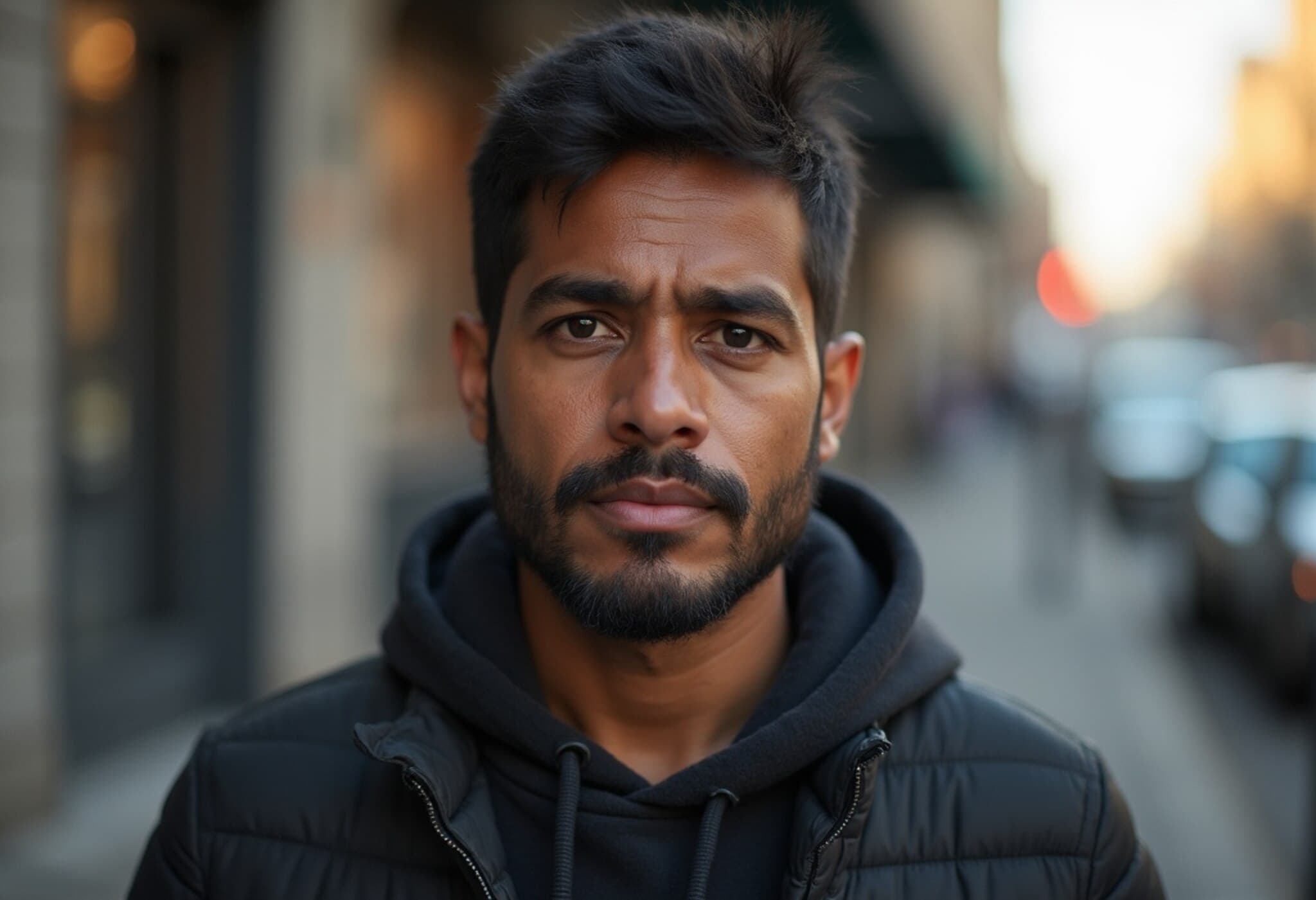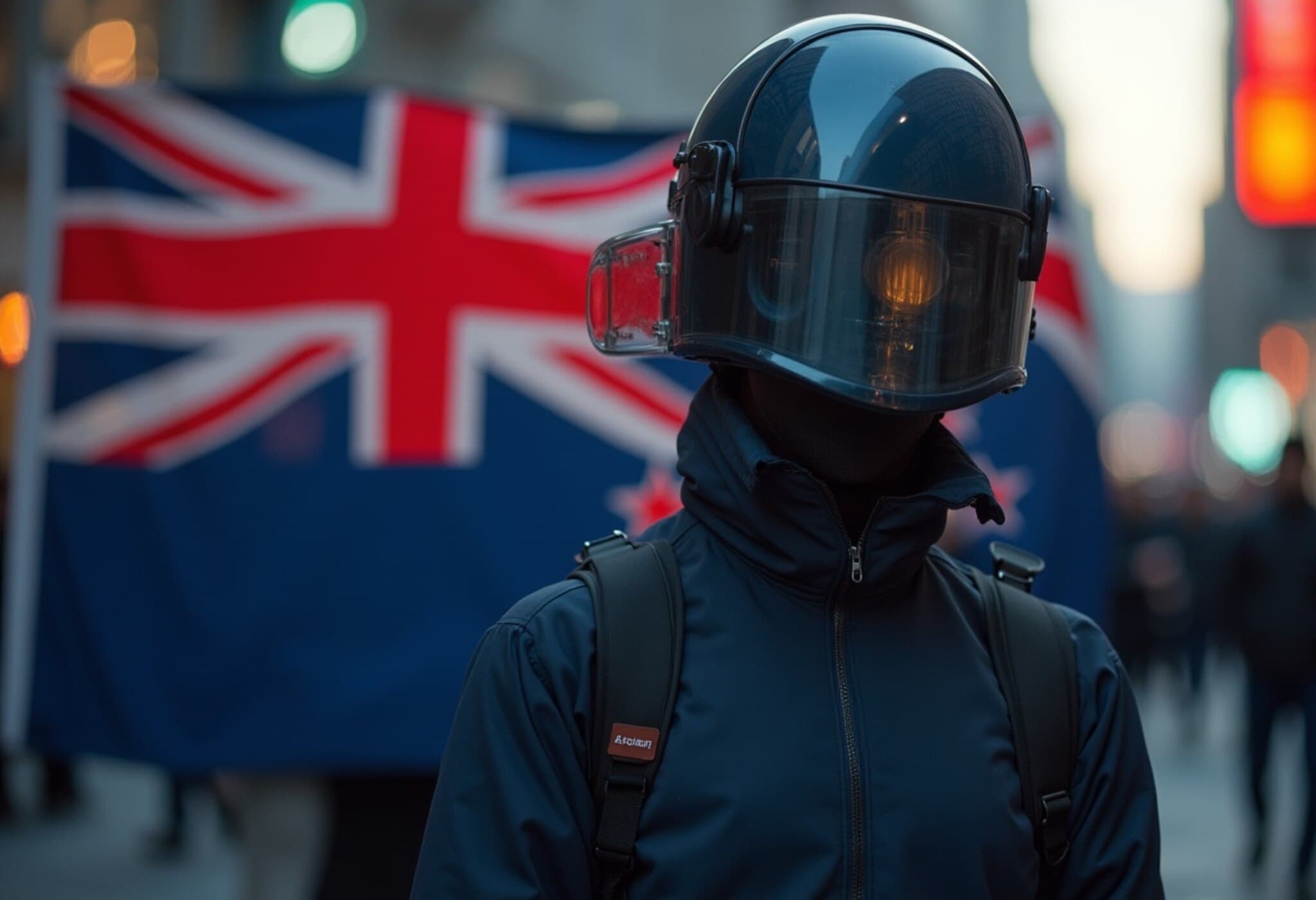New Zealand Woman and Son Held in US Detention Facility After Border Entry
In a distressing case highlighting challenges within the US immigration system, Sarah Shaw, a 33-year-old New Zealand national, and her six-year-old son have been detained for over three weeks after attempting to re-enter the United States following a visit to Canada. Shaw, who resides in Washington state and works in a maximum security juvenile facility, described the experience as traumatic and bewildering.
Background of the Incident
On July 24, Shaw took her older children to Vancouver airport to fly back home to New Zealand for a holiday with grandparents. Upon her effort to return to the US with her youngest child, both were stopped and subsequently detained by U.S. Immigration and Customs Enforcement (ICE) agents at the Canada-US border.
Victoria Besancon, a friend and advocate, revealed the distressing confusion Shaw experienced. “Sarah thought she was being kidnapped,” Besancon said. Initially, no clear explanation was given, and Shaw along with her son was placed into an unmarked van and later transferred thousands of miles to the Dilley immigration processing center in southern Texas. This facility is notoriously remote, making access to legal representation and family support difficult and isolating.
The Human Cost: More Than Just a Legal Issue
- Shaw and her son, both among the few English speakers within the detention center, endure conditions akin to incarceration. Locked in their shared room from 8 p.m. to 8 a.m., they are prohibited from wearing their own clothing.
- Her advocate called the treatment "barbaric" and described the emotional toll as “absolutely devastating.”
- The isolation and confusion only compound the trauma for a mother and young child who have contributed valuably to their community.
Shaw holds a combined employment and domestic violence survivor visa (I-360). While her renewal was confirmed recently, only one part of the combo card had been approved at the time of border entry, unbeknownst to her.
Legal and Policy Perspectives
Experts argue that the situation could have been resolved with humanitarian parole, allowing Shaw and her son to return home without detention. Concerns have been raised that the young boy, whose visa is fully approved, is being unlawfully held.
Advocacy groups and labor unions, including the Washington Federation of State Employees representing Shaw, have condemned ICE’s actions. Union president Mike Yestramski emphasized, "The trauma this has caused may never be healed. These practices contradict core American values and human rights."
Broader Context: Systemic Patterns and International Implications
Shaw’s ordeal reflects a global trend where lawful migrants from countries like the UK, Germany, Canada, and Australia face unexpected detentions or deportations in the US despite holding valid paperwork. This raises critical questions about the rigidity and transparency of US immigration enforcement protocols and their alignment with humanitarian considerations.
The New Zealand Foreign Affairs Ministry confirmed ongoing contact with Shaw but declined further comment citing privacy.
Expert Insight: The Intersection of Immigration Law and Human Rights
From an American legal standpoint, Shaw’s case underscores the complexities in adjudicating immigration status for individuals with mixed visa approvals — a challenge intensified by administrative backlogs and evolving policies. It also brings to light the chilling effects such detentions have on immigrants contributing positively to society, including those aiding vulnerable populations, like Shaw’s work with at-risk youth.
This case invites lawmakers and policymakers to reconsider how immigration enforcement balances security concerns with compassion and respect for fundamental rights, especially when children are involved.
Conclusion
Sarah Shaw’s experience serves as a stark reminder of the human faces behind immigration statistics. It calls upon the US immigration apparatus to implement more nuanced, humane approaches that safeguard legal rights without sacrificing dignity. As debates over immigration reform continue, cases like this amplify urgent conversations around policy clarity, adequate legal representation, and family unity.
Editor’s Note
This unfolding story compels us to reflect on how immigration systems worldwide manage vulnerable individuals caught in bureaucratic limbo. While national security is paramount, the preservation of human dignity remains a fundamental pillar of justice. Readers are encouraged to consider the broader implications of immigration enforcement policies and advocate for reforms that bridge legality with empathy.















